
Economic Crises Affect People’s Attitudes to Inequality
Inequality based on income, geography, gender, age, class and religion widens social gaps both within and between countries. During the XXIII Yasin (April) International Conference, experts discussed which dimensions of inequality have become especially important in the wake of the pandemic and the evolving economic crisis, and also examined how much more women work than men.
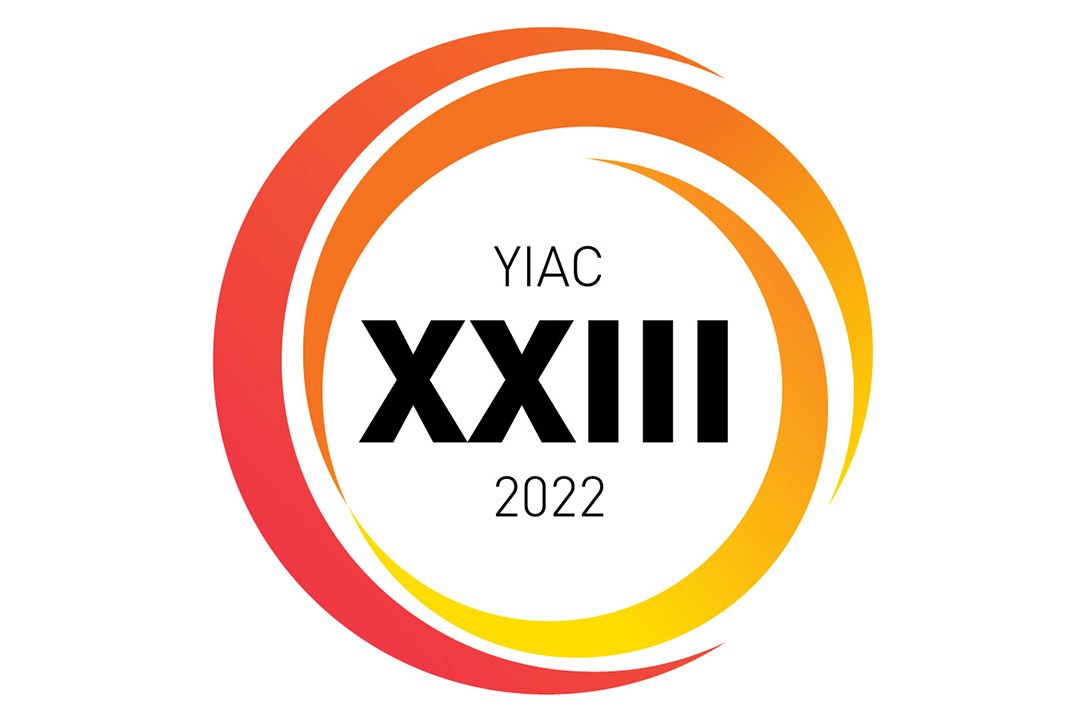
XXIII Yasin International Academic Conference on Economic and Social Development Begins
From April 5–22, 2002, the XXIII Yasin (April) International Academic Conference on Economic and Social Development will be held in Moscow. Its participants include leading scientists and experts, representatives from the business community, politicians and leaders of state bodies. Over 700 papers will be presented at the Conference and discussed in almost 150 sessions and 24 sections.
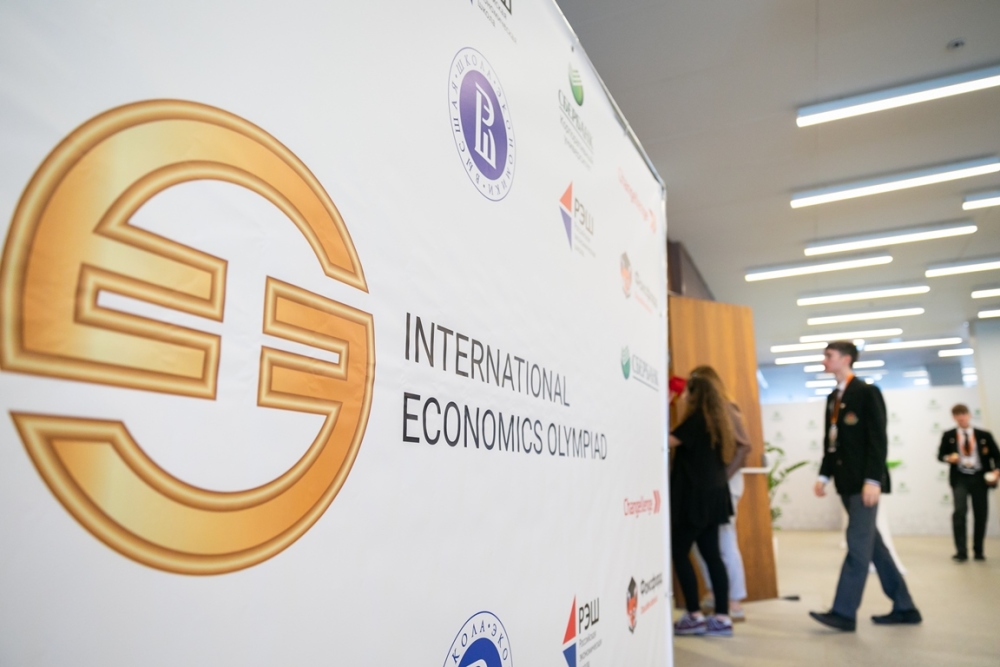
‘Not Testing the Knowledge, But Testing Whether You Are Ready to Interact with Reality’
The roundtable "Teaching Economics to High School Students: Curricula, Practices, Competitions" took place as part of the XXII April International Academic Conference on Economic and Social Development. Danil Fedorovykh, Deputy Vice Rector of HSE University and the President of the Executive Board of the International Economics Olympiad (IEO), initiated the session. Alexander Zhitkovskiy, Head of the Project Laboratory for Development of Intellectual Competitions in Economics (Faculty of Economic Sciences, HSE University), was the co-moderator.
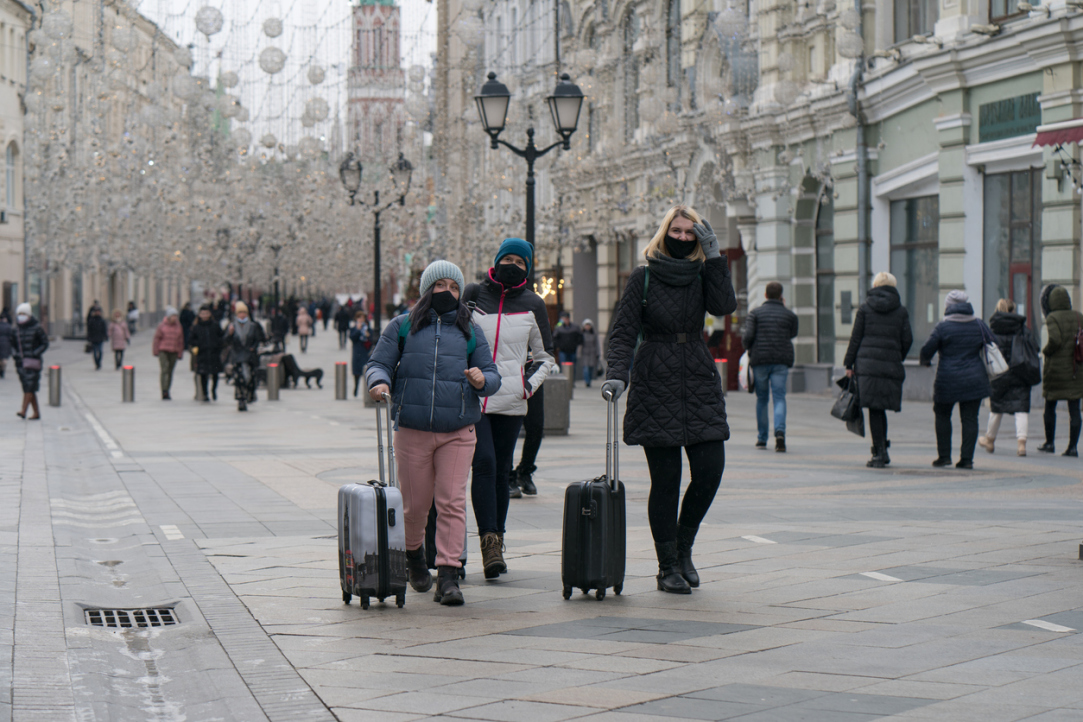
The Core of the Nesting Doll: What a Comparison of the April Conference, the World Economic Forum, and the Gaidar Forum Reveals
This year the April International Academic Conference on Economic and Social Development took place for the twenty-second time, and, for the first time, Sberbank joined HSE University as a co-organizer of the event. Research assistants of the Economic Journalism Laboratory, headed by Nikolay Vardul, analyzed the agenda of the April Conference and compared it with those of other major forums. The findings of the study can be found among the laboratory’s publications.
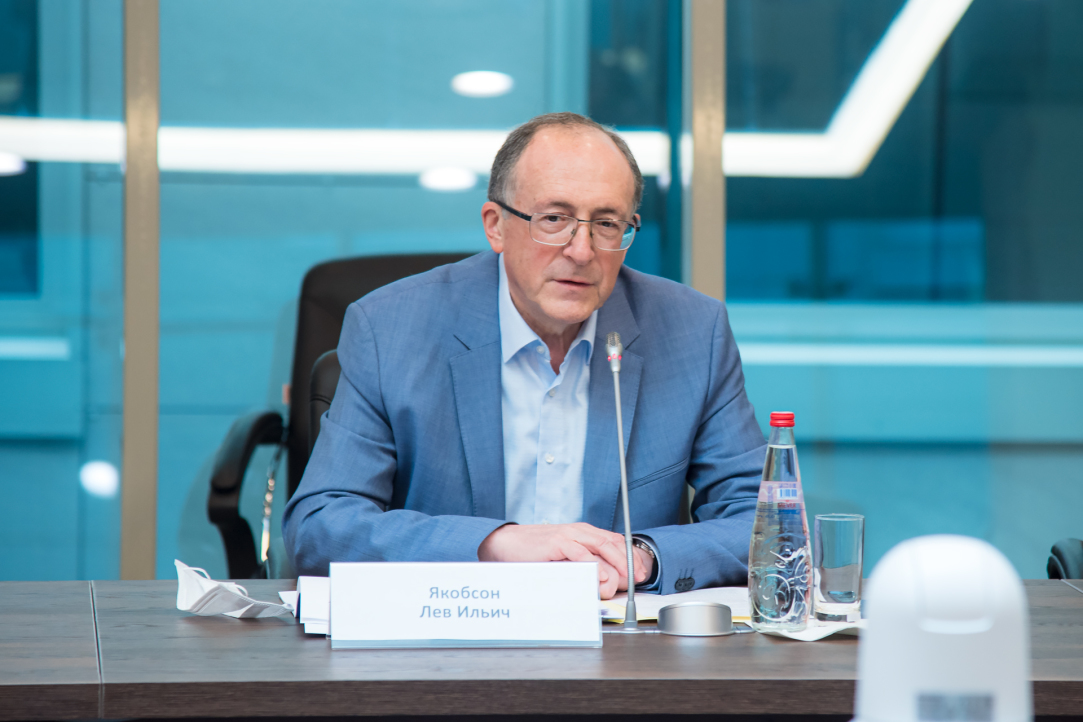
The April Conference, 2021: 1,500 Participants, a Partnership with Sberbank, and an Online Format
On April 30, the XXII April International Academic Conference on Economic and Social Development came to a close. This year it was organized jointly by HSE University and Sberbank, and the majority of the events were held online. HSE Vice President and Conference Programme Committee Deputy Chair Lev Yakobson spoke with HSE News Service about his initial takeaways from the event and its new format.
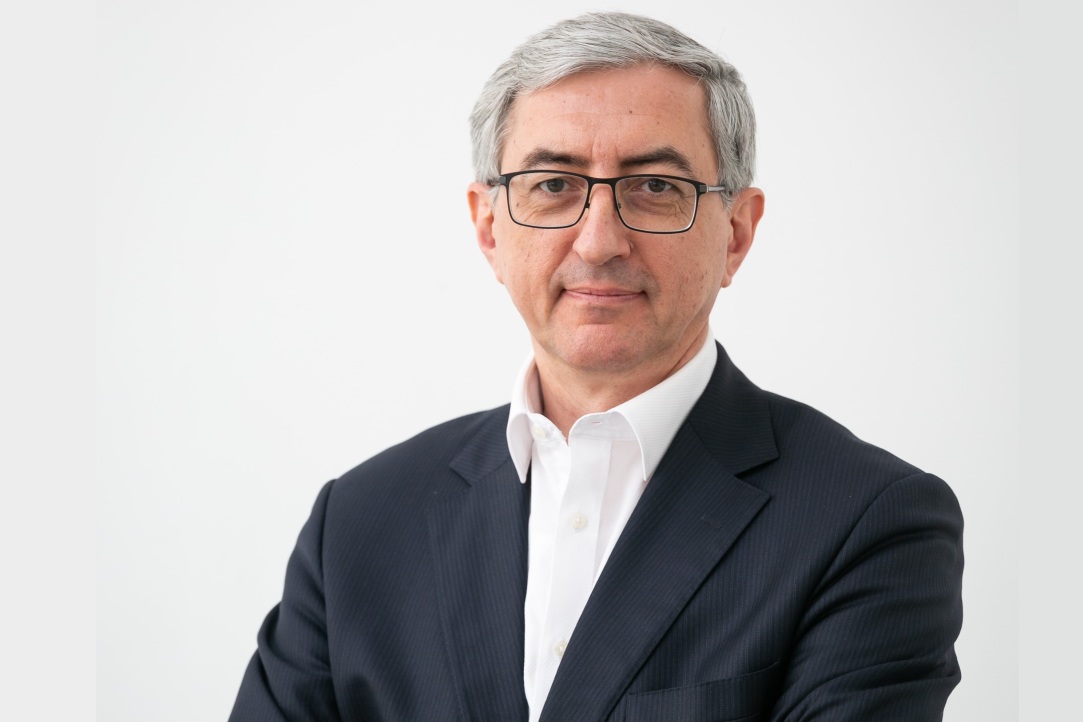
Russia Remains a Partner for Foreign Scientists
The XXII April International Academic Conference on Economic and Social Development is drawing to a close in Moscow. In an interview with the media partner of the event, NEWS.ru, HSE University Vice Rector Ivan Prostakov spoke about how the format of the conference was organized, how the pandemic impacted the event, and how scientists and experts from different countries regard Russia.

Cyber Performance, PROK Cinema, and Digital Art: The Development of Art and Art Research in the 21st Century
From April 21 to 23, 2021, a major online conference of the HSE Art and Design School and the Doctoral School of Art and Design was held on ‘Theories and Practices of Art and Design: Sociocultural, Economic and Political Contexts.’ Experts discussed educational practices in art, its contemporary state, the impact of technology, and prospects for the art industry’s future development.

Human Capital, Innovation, and Fintech: What the Future Holds for Eurasian Integration
To what extent do the countries of the Eurasian Economic Union (EAEU) benefit from an open economy? What financial, scientific, and educational policy tools will contribute to the implementation of the recently approved ‘Strategic Directions for the Development of Eurasian Economic integration until 2025’? These questions were discussed by participants in a series of expert discussions at the XXII April International Academic Conference on Economic and Social Development organised by HSE University and Sberbank.
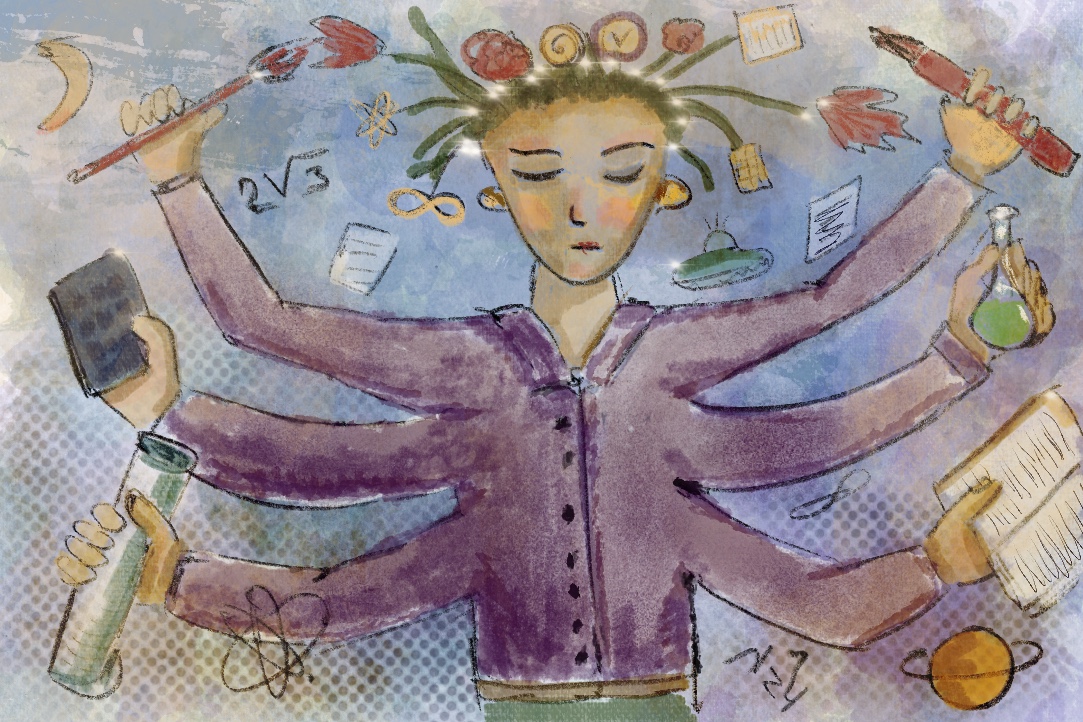
Assessment of Universal Competences: New Approaches to Assessing Soft Skills
In order to remain competitive in the labour market, university graduates must be proficient not only in professional knowledge and skills, but also in a set of universal competences (UC). However, higher education systems face problems in assessing such competences due to a lack of developed approaches and methodologies. A report released by the HSE Institute of Education, ‘An Assessment of Universal Competences as Higher Education Learning Outcomes’, analyses the ways in which these challenges have been addressed in both Russia and abroad.

‘AI Will Apply to All Activities, Having a Great Effect on Economy’
Artificial Intelligence (AI) has become a fundamental component of many activities in economics and finance in recent years. On April 26,Panos Pardalos, Academic Supervisor at theLaboratory of Algorithms and Technologies for Networks Analysis (LATNA at HSE Nizhny Novgorod) and Distinguished Professor of Industrial and Systems Engineering at the University of Florida, will talk about its impact, future developments and limitations in his honorary lecture Artificial Intelligence (AI) in Economics and Finance.


Application deadline: June 23, 2025